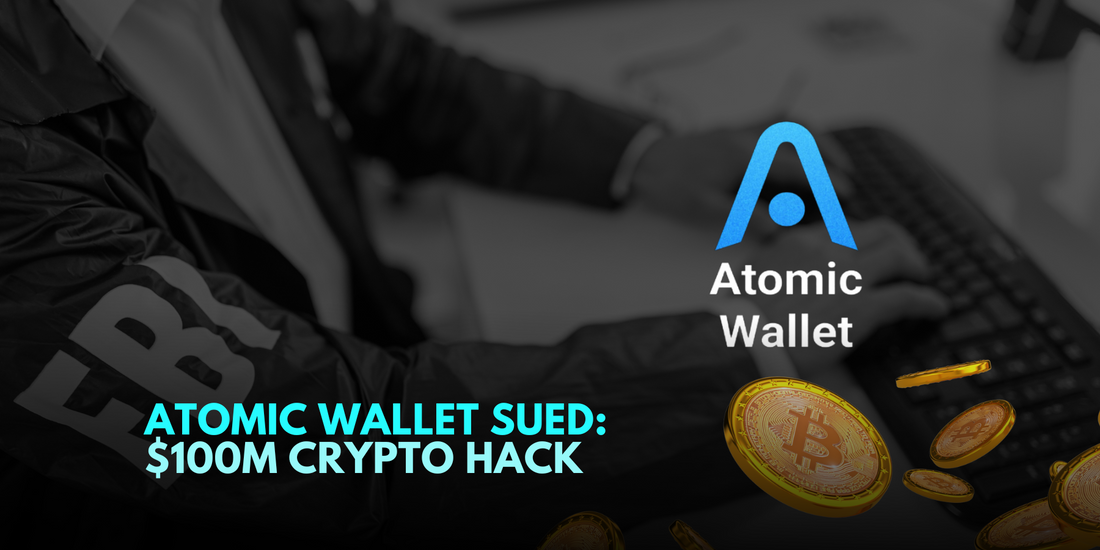A class action lawsuit has been initiated against Atomic Wallet by a group of disgruntled cryptocurrency investors in response to a major breach that resulted in losses amounting to $100 million in June.
The lawsuit involves numerous high-net-worth investors from Russia and the Commonwealth of Independent States, as reported by German business media agency BNE IntelliNews on August 21. The legal proceedings are being coordinated by German lawyer Max Gutbrod and Boris Feldman, a co-founder of the Moscow-based legaltech firm Destra Legal.
Gutbrod, a former partner of Baker & McKenzie in Moscow with over two decades of experience, revealed that the legal team represents around 50 clients who collectively lost approximately $12 million due to the breach. He expressed dissatisfaction with Atomic Wallet's response to the incident, stating, "They didn't give our clients any information about the hack or go to the police to report it."
Atomic Wallet, known for its noncustodial cryptocurrency wallet, fell victim to a significant exploit of $100 million in mid-June 2023. The breach had an impact on at least 5,500 crypto accounts hosted on the platform. Notably, crypto analytics firms such as Elliptic linked the hack to the Lazarus Group, a North Korean cybercriminal team notorious for its involvement in various crypto thefts totaling billions.
Despite initial attributions of the attack to the Lazarus Group, the recent claims suggest that another group might be responsible. According to Boris Feldman's assertions, it is more plausible that a Ukrainian hacker group orchestrated the breach. Destra Legal, in collaboration with blockchain analytics firm Match Systems, has been conducting its own investigation into the incident on behalf of the investors. Feldman revealed that their findings have identified connections to Ukrainian hacker groups.
Atomic Wallet had not offered a detailed explanation of the specific factors that led to the exploit in June. The company outlined four "probable" causes, including a virus on user devices, an infrastructure breach, a man-in-the-middle attack, or malware code injection. The wallet provider reiterated that less than 0.1% of its app users were affected by the breach.
Despite the hack, Atomic Wallet reportedly continued its operations without major disruptions. At the time of reporting, Atomic Wallet had not provided a response to requests for comment.
In summary, Atomic Wallet's $100 million crypto hack has triggered a class action lawsuit by investors who suffered losses. The legal proceedings reflect concerns over the handling of the breach and raise questions about the true origins of the attack. As the lawsuit unfolds, the incident serves as a reminder of the persistent risks associated with digital asset storage and security.

